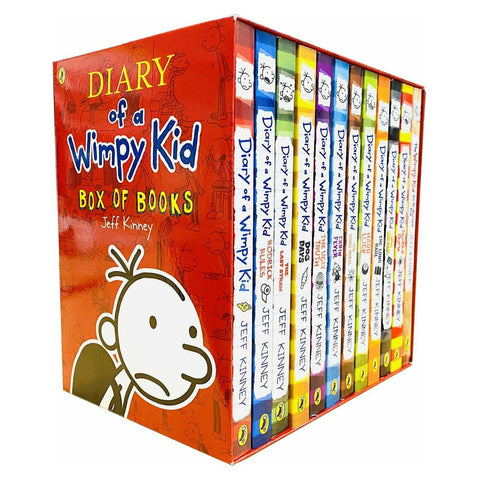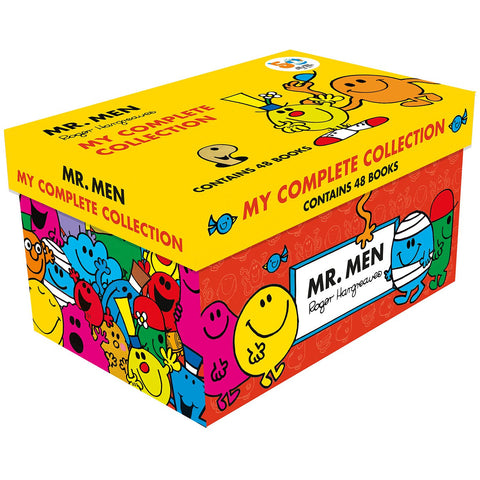Welcome to Year 4 at primary school!
In schools in England, Year 4 is for children 8–9 years old, and is the second year of Key Stage 2.
During this year, your child will start getting more homework set for them. Watch out for the Year 4 multiplication tables check in June, when children will be expected to recall their times tables from 1 to 12 in a timed test.
What to expect in Year 4
Times tables, confidence, and fun!
Congratulations! Your child is in Year 4. This can be a year in which teachers nurture and encourage the feelings of independent thinking, learning and decision making. So just what can you expect if you have a child in Year 4?
They already know the routines for the Juniors; they have already realised that they have to do homework; they already understand that they are expected to learn a lot in a year; they can dress themselves (mostly!). Read on for our guide to life as a parent of a Year 4 child.
What will my child do in Year 4?
As with other years in primary school, Year 4 teachers follow the schemes of learning set by the government.
1. The wider curriculum
In Year 4, there are some great science topics that children love, such as food chains, sound, electricity, and gases. Fun and engaging history and geography topics are also taught in Year 4. It will vary slightly from school to school, but expect them to learn all about the Stone Age, the Romans, and the Anglo-Saxons at some point. These are the subjects that fire the imagination and that children remember.
These are also topics that will get your child talking at home, so you might enjoy finding out a little about them so you can chat about them together.
2. Maths and English
In maths and English, the teachers will be aiming to ensure that your Year 4 child knows and understands particular key skills. Apostrophes, commas, times tables, and key spellings are just some of the things children in Year 4 are expected to use accurately.
3. Moving from pencil to pen
Year 4 is also often the year that children earn their ‘pen licence’ – that peak of handwriting neatness that allows your child to write in pen at school. This can be a big thing for the child whose handwriting is not the neatest. It is good to have something to aim for and often raises the profile of handwriting.
However, don’t worry if your child is not writing with a pen straight away. They will get there eventually!
4. Becoming confident and independent in learning
Overall, perhaps the single most important aspect of this year is children’s increasing independence and confidence in what they can achieve at school. Your child will be encouraged to start to think about their own learning. They need to make decisions on how to present work, how and when to complete homework, and how to learn best.
Children often ask questions and their teacher will encourage them think for themselves too. Could they answer the question themselves? Can they make that choice? If they can, then they are learning skills which are vital for Year 5, Year 6, and adult life. That is how their learning changes from the beginning to the end of the year!
How can I help my child in Year 4?
1. Carry on reading together
For English, the single most important thing that you can do is to hear your child read. Good readers make good writers because they are exposed to a greater variety of vocabulary, syntax, grammar and style.
When you listen to your child read, there are a number of things to remember:
Make it fun! Use silly voices and read to each other as well as just listening.
Ask questions about the text, the characters, the plot, the setting, the style of writing, and the words. Anything to get them to think about what they are reading and to consider the deeper messages hidden in the subtext.
Read a wide range of writing – from comics to newspapers, novels to Pokemon cards, and even your child’s own writing!
Look up individual words in a dictionary or thesaurus together to find out what they mean.
Stop if they or you are tired.
Be a good role model for reading. This is the perfect excuse to curl up on the sofa, forget the chores, and read a good book yourself!
Of course, children in Year 4 are perfectly capable of reading to themselves as well, and independent reading (and writing) must also be encouraged. However, it is important that those comprehension skills are regularly checked and reading aloud is perfect for that.
2. Learn times tables
In maths, there is an expectation that by the end of Year 4 all times tables are known and learnt fluently. Anything you can do to help that knowledge go in and stay in is fantastic.
Practise regularly, making sure to go back and repeat tables you have practised before.
Sing tables in the car; at mealtimes; before bed; walking the dog; at any spare moment! Put a poster at the end of their bed or give your child tapes to listen to in the car. So that’s it – Year 4 at a glance. Have a lovely, happy, and most of all fun year.
To See the Full Range of Year 4 Books at Books4people.co.uk Click Here






